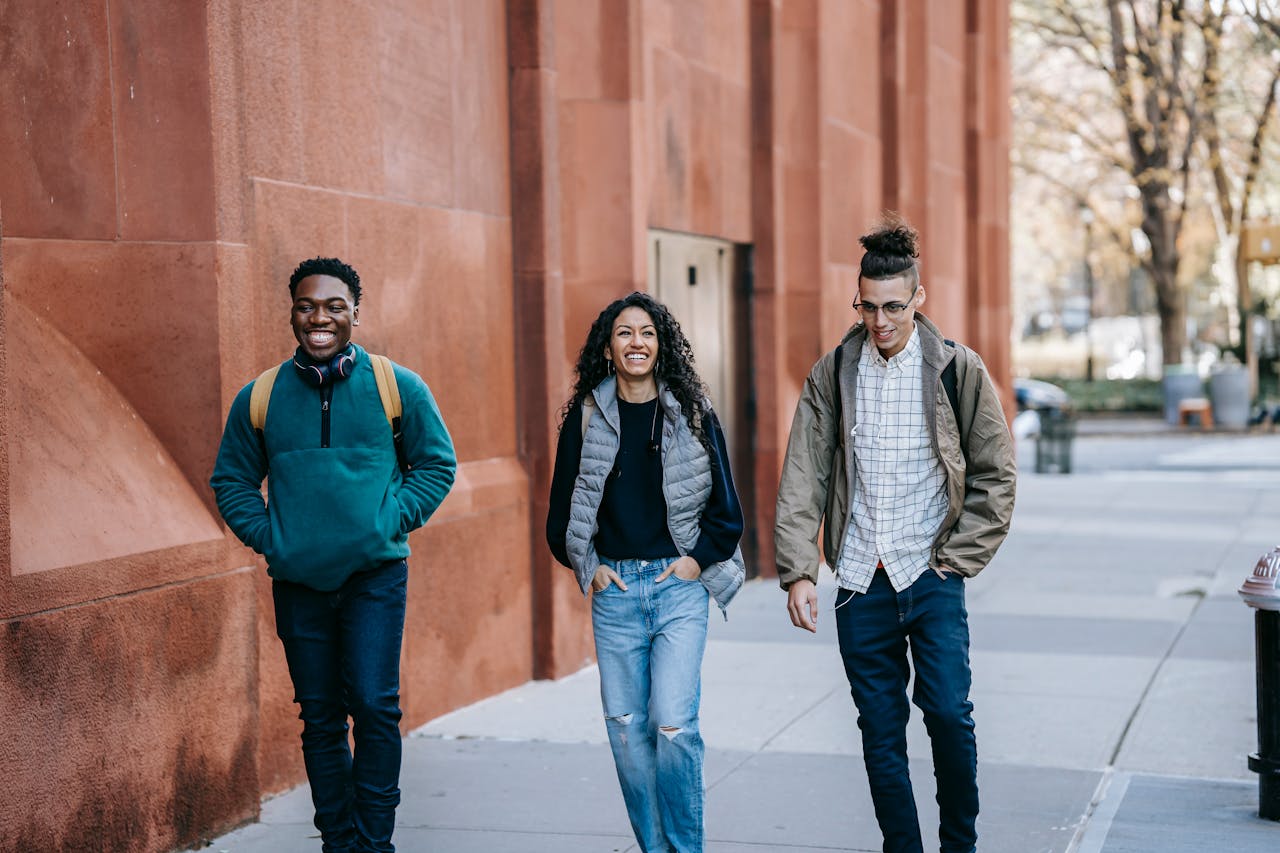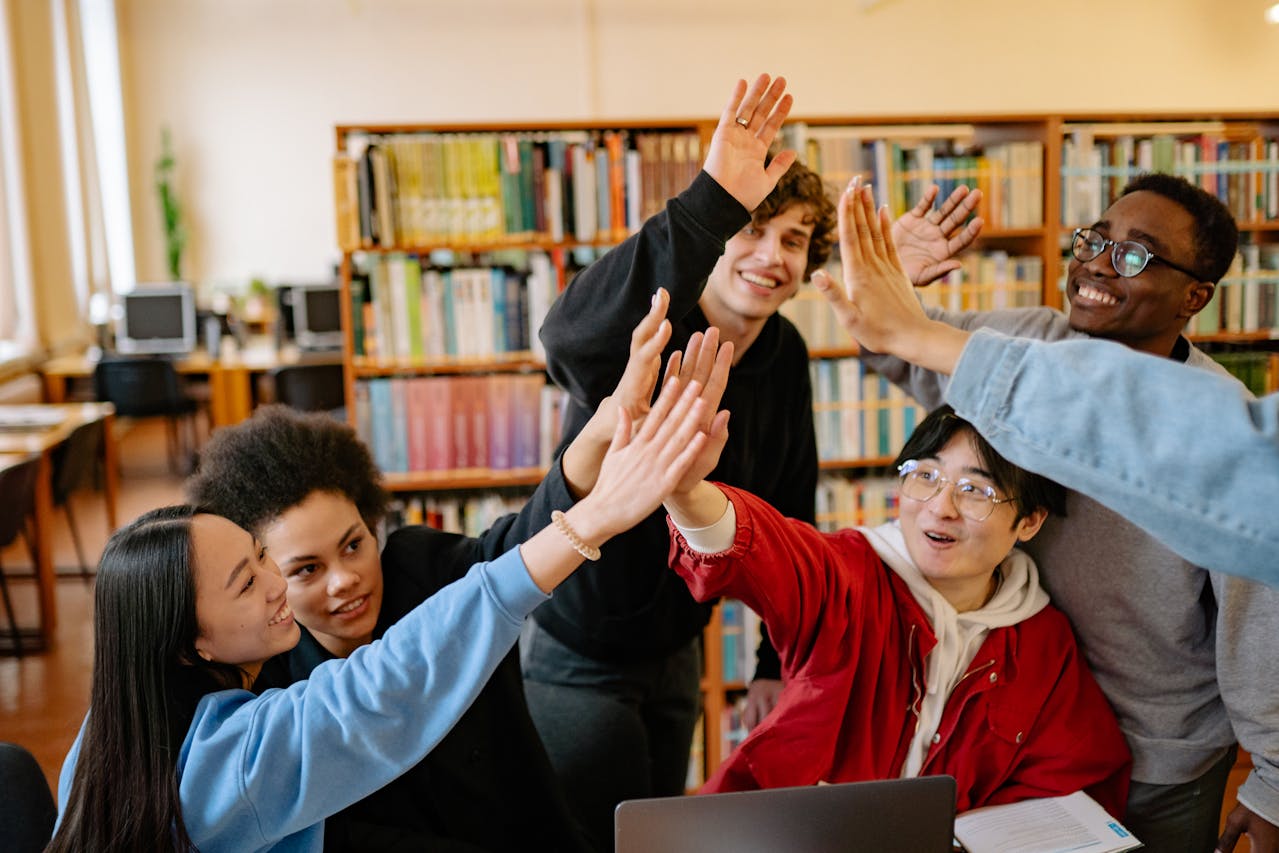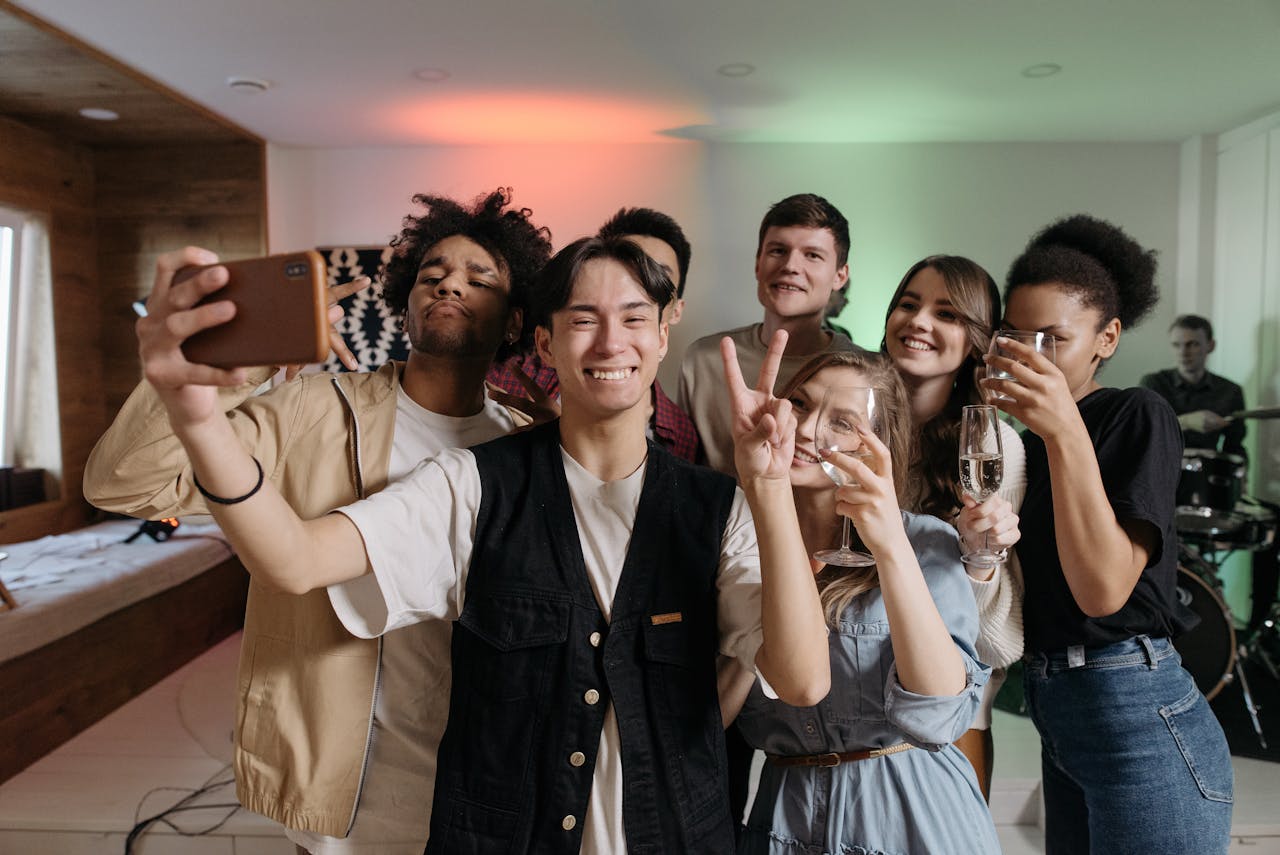What happens to teen friendships when someone grows up without social media in a world that runs on likes, stories, and streaks? At first glance, it can feel like opting out means missing out. Group chats move fast, plans change in real time, and a lot of inside jokes start on platforms that you might not use. Yet stepping back from social platforms can also change friendships in positive ways. Conversations last longer.
Plans shift from scrolling together to actually doing things together. Trust builds from shared experiences instead of perfect posts. This article looks at what growing up without social media actually looks like today, how it reshapes friendships, where the challenges are real, and how to build a strong social life that fits your values.
What “Growing Up Without Social Media” Looks Like Today
Growing up without social media in 2025 is not the same as being offline in the 90s. Most teens who skip social still use a phone for texts, calls, FaceTime, school apps, maps, music, and gaming. They just do not post on major platforms or they use them rarely. Some delay creating accounts until later in high school. Others keep private accounts only for close friends. The big difference is not about having technology. It is about removing the public stage from daily life. Without a constant audience, friendships can feel quieter, slower, and more grounded in real moments.
Why Some Teens Opt Out
Common reasons include wanting better focus for school or sports, avoiding comparison, protecting privacy, or following family rules. Many also report feeling calmer, with fewer late night scrolls and less pressure to perform.
What They Use Instead
Texts, voice notes, and quick calls replace DMs. Group gaming, study groups, clubs, and faith or community activities become the main social hubs. Photos get shared privately in albums instead of public feeds.
How Friendships Form and Grow Offline

Without social media, friendships often start through proximity and repetition. You sit near someone in math, see them again in practice, then grab food after a game. Small moments stack up until you know who is funny, kind, reliable, or just easy to be around. This slower pace can create strong bonds because connection is built on time together rather than constant updates.
The Power of Shared Routines
Routines create trust. Walking home together, lifting before school, or volunteering on Saturdays gives friendships a steady rhythm. People become part of your week, not just your notifications.
Quality Over Quantity
You may know fewer people, but the ones you know tend to know you well. Inside jokes come from things you did, not things you posted. That depth often makes conflict easier to resolve and plans easier to make.
Real Challenges Teens Face Without Social Media
Choosing to live without social media is not all peaceful sunsets and deep talks. There are real obstacles to navigate. You might miss event announcements. You might be out of the loop on a joke that started in a story. You may need to work a little harder to coordinate plans. These are not deal breakers, but they are real.
The Group Chat Gap
Some friend groups live inside a private chat tied to a platform. If you are not on it, you can miss changes to time or location. One fix is a parallel SMS chat for logistics so everyone stays informed, even those who do not use the app.
Rumors, Receipts, and Context
Social drama now leaves a digital trail. If you are not on the platform, you see only the fallout, not the posts. Ask for context from someone you trust before reacting. Staying calm and verifying details protects your relationships.
Mental Health and Identity: The Tradeoffs

Skipping social media can reduce comparison, limit doom scrolling, and protect privacy. Many teens report better sleep and more attention for school and hobbies. On the flip side, being off social can feel lonely if most of your group bonds online at night. The key is to be intentional and build routines that bring you close to people in real life.
Less Comparison, Stronger Boundaries
Without daily highlight reels, you are less likely to measure your life against filtered versions of other people. That space makes it easier to decide what you like because you actually like it, not because it will get praise.
Watch For Isolation
If everyone hangs out in a digital space you do not use, you can drift without meaning to. Plan weekly in person touch points like lunch tables, club meetings, pick up games, or study sessions to keep friendships warm.
Practical Ways to Build and Keep Friendships Without Social Media
You do not need a profile to have a social life. You do need a system. Think of it as building your own network with clear communication, regular invitations, and a few simple habits that make hanging out easy.
Create Your Own Social Hubs
Start a weekly routine that others can join. Open gym on Fridays, a Saturday coffee walk, a study block after practice, or a monthly movie night. Consistency beats constant posting because people know where to find you.
Use Clear Communication Rituals
Pick a default method for plans, like an SMS group or a shared notes link with time and place. Send reminders the day before. Share photos privately after the event so memories still get saved without public comments.
Be the Inviter
When you are not on social, you will not see every casual invite. Take the lead. Ask two people to grab food after rehearsal. Invite a classmate to study before a quiz. Small, frequent invites grow friend circles faster than waiting for a big party.
Bridging the Gap With Friends Who Live Online

Many friend groups are mixed. Some people love social media. Some use it a little. Some avoid it. Good friendships survive those differences when everyone respects how others prefer to connect. You do not have to convince anyone to quit social or to join it. You can learn to meet in the middle.
Ask For Context Without Judgment
If a plan or joke started online, ask someone to catch you up. A short recap helps you participate without the scroll. Offer the same courtesy in reverse when something happened at practice or rehearsal that others missed.
Share Moments Selectively
If friends want photos from the day, send a small album privately. You can also kindly ask that your picture not be posted. Most people will respect a simple request when you say it early and clearly.
Friendship at Human Speed
Growing up without social media changes how friendships form, but it does not make them smaller. It often makes them steadier. You rely on routines, shared spaces, and real conversations. You create your own hubs instead of waiting for an invite to appear on a screen. You miss some updates, but you gain room to think, to listen, and to show up in ways that do not need an audience.
If most of your friends live online, learn their language and set simple systems so you stay included. If you prefer to live more offline, build rhythms that bring people together. Either way, friendship still runs on the same fuel it always has. Show up. Be consistent. Keep promises. Make plans. Tell the truth. Laugh a lot. The rest is just the app you use to say what time.


